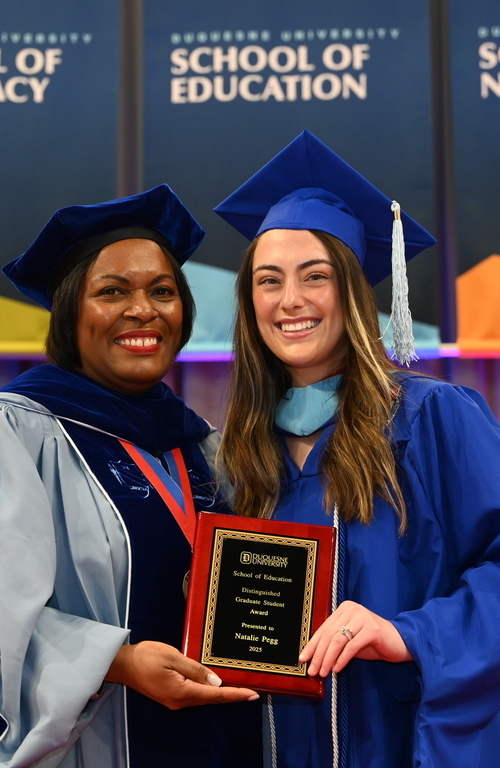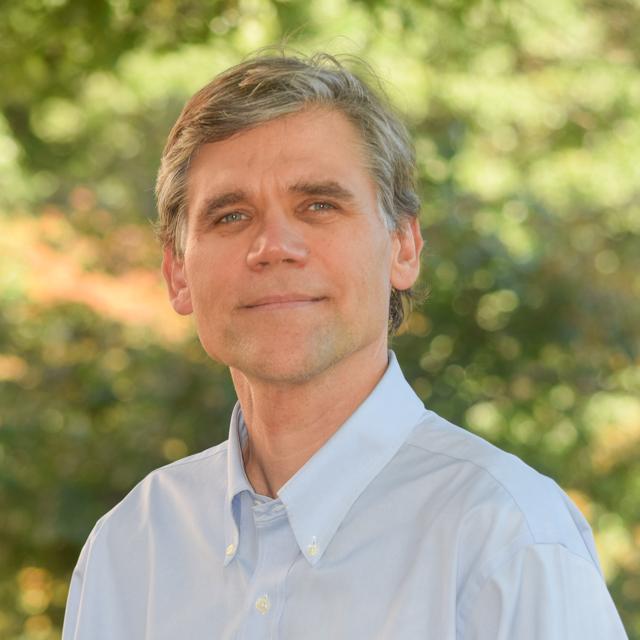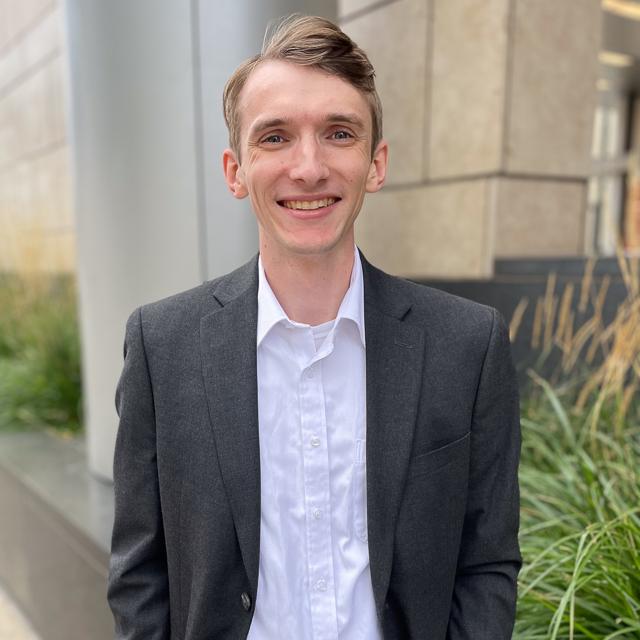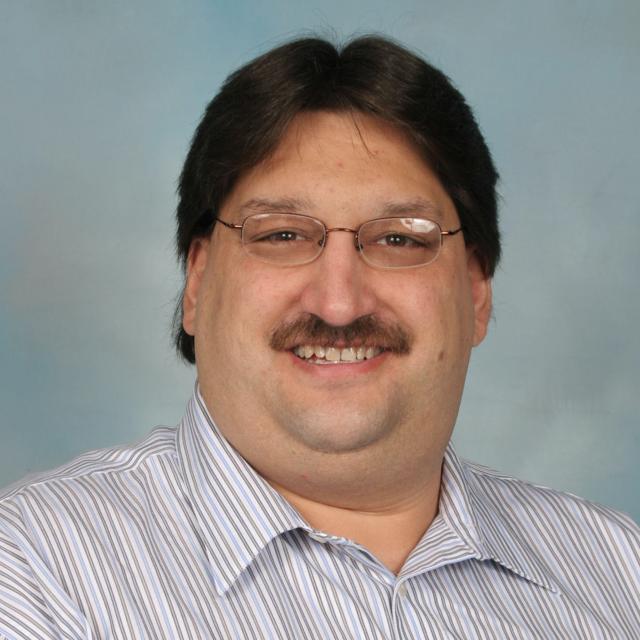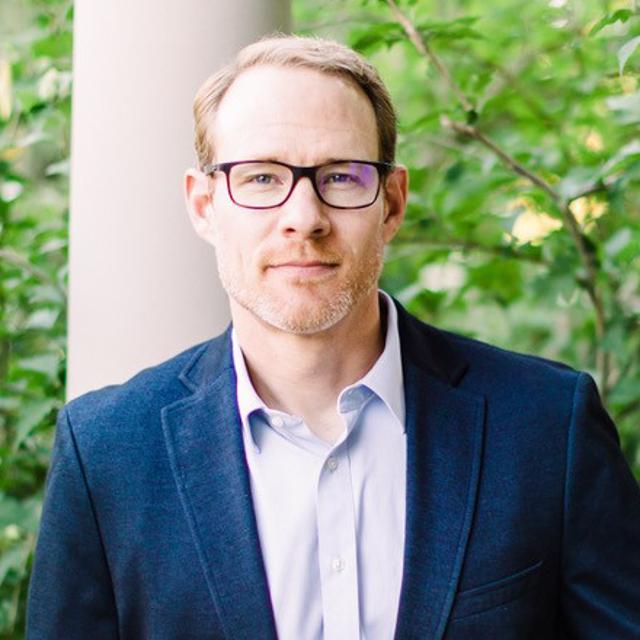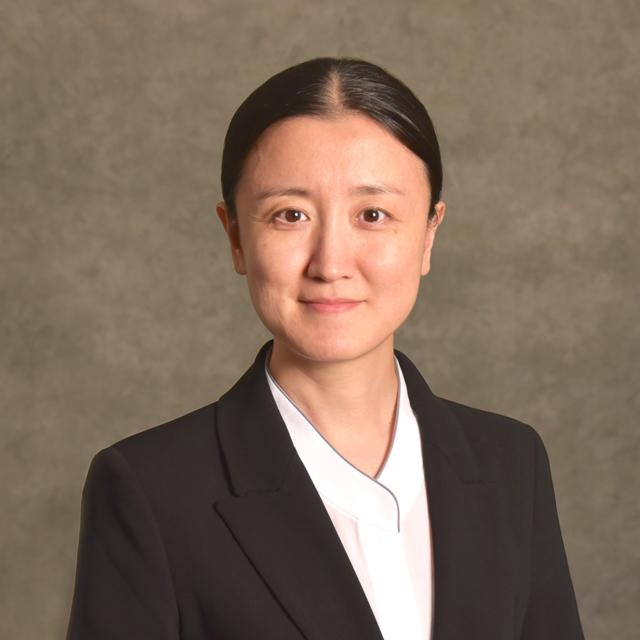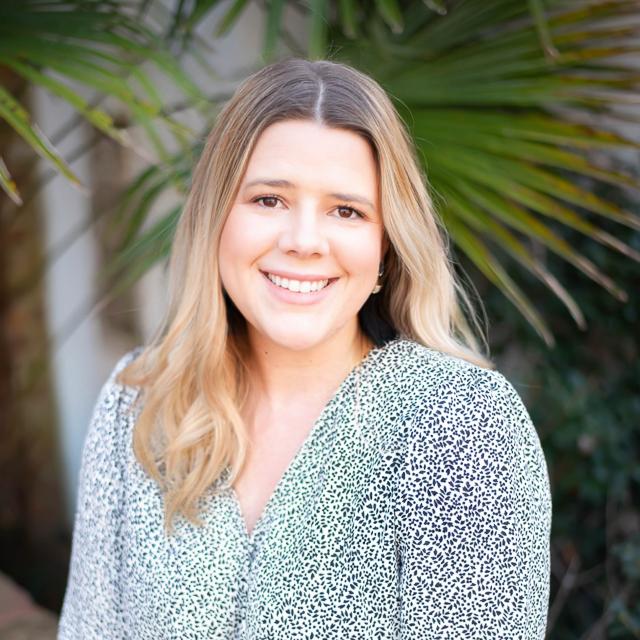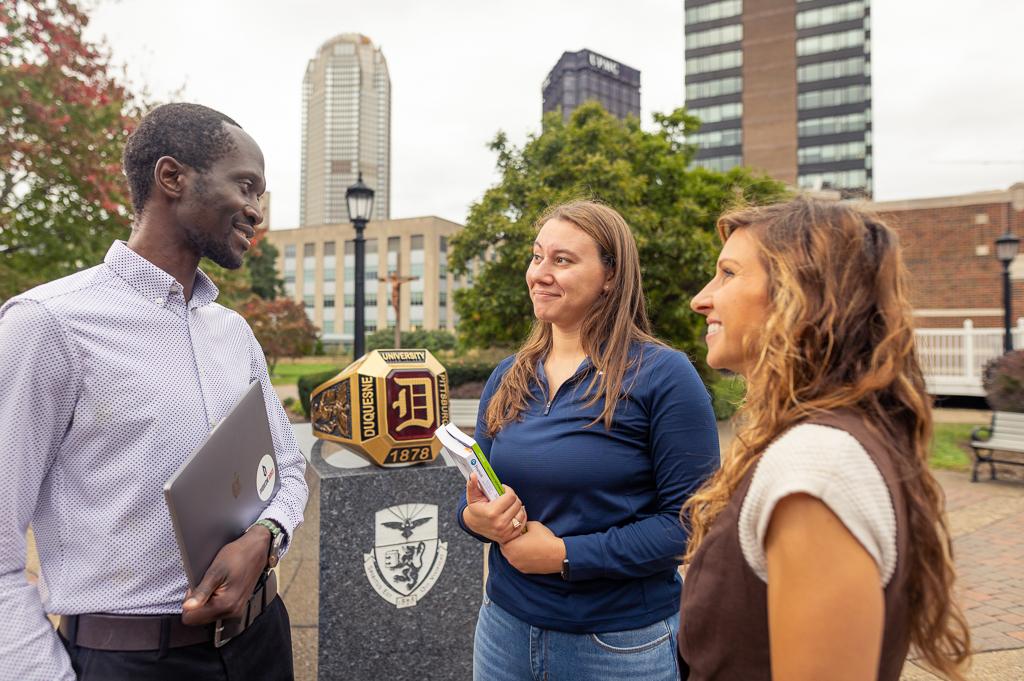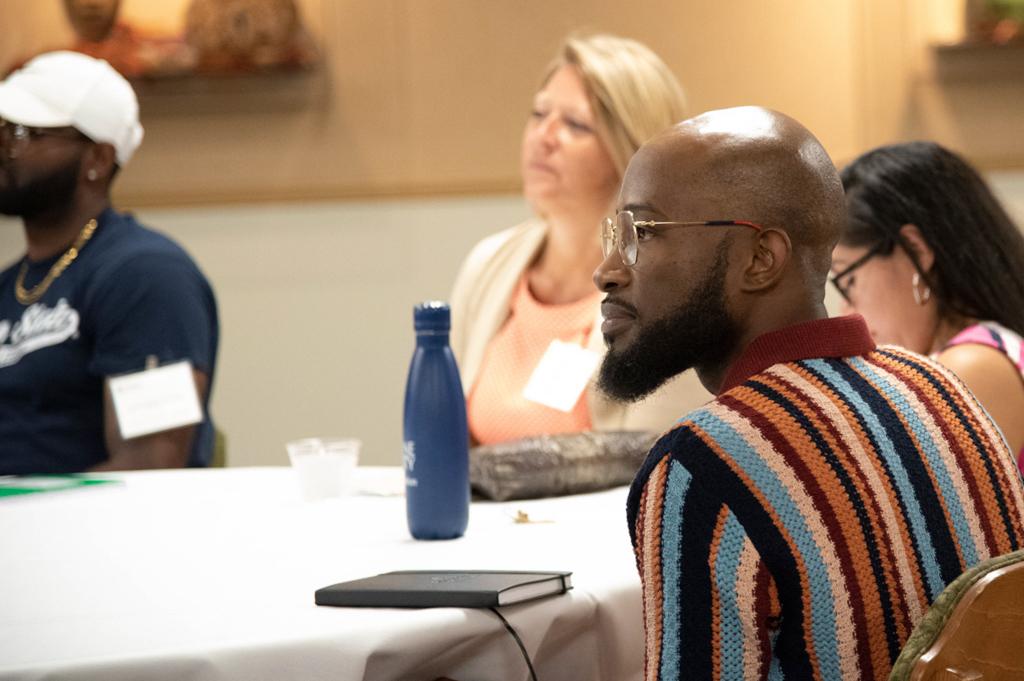Our CACREP-accredited program will prepare you for licensure as a professional counselor (LPC), which is essential for employment in the mental health field and private practice. You will develop the understanding and skills for working with people who are experiencing such issues/conditions as: anxiety, depression, trauma, autism spectrum disorders, eating disorders, relational conflict, grief/loss, etc.
You will learn a variety of theoretical approaches to promote therapeutic change. Our stimulating curriculum includes experiential learning, self-reflection papers, case study analysis and group activities. Nearly all of our courses are taught in a traditional, rather than a distance education, format.
Pursue Your Bigger Goals
Our M.S. Clinical Mental Health Counseling degree prepares you to make an impact in the mental health field. After earning your degree in 2.5 years, many career pathways and work in various settings are possible, including:
- Community mental health centers
- Private practice
- Drug and alcohol rehabilitation centers
- Mobile therapists
- Family-based mental health therapists
- Outpatient therapists
- Behavioral specialists consultants (BSC)
- Career counseling centers
- Probation/parole officers



